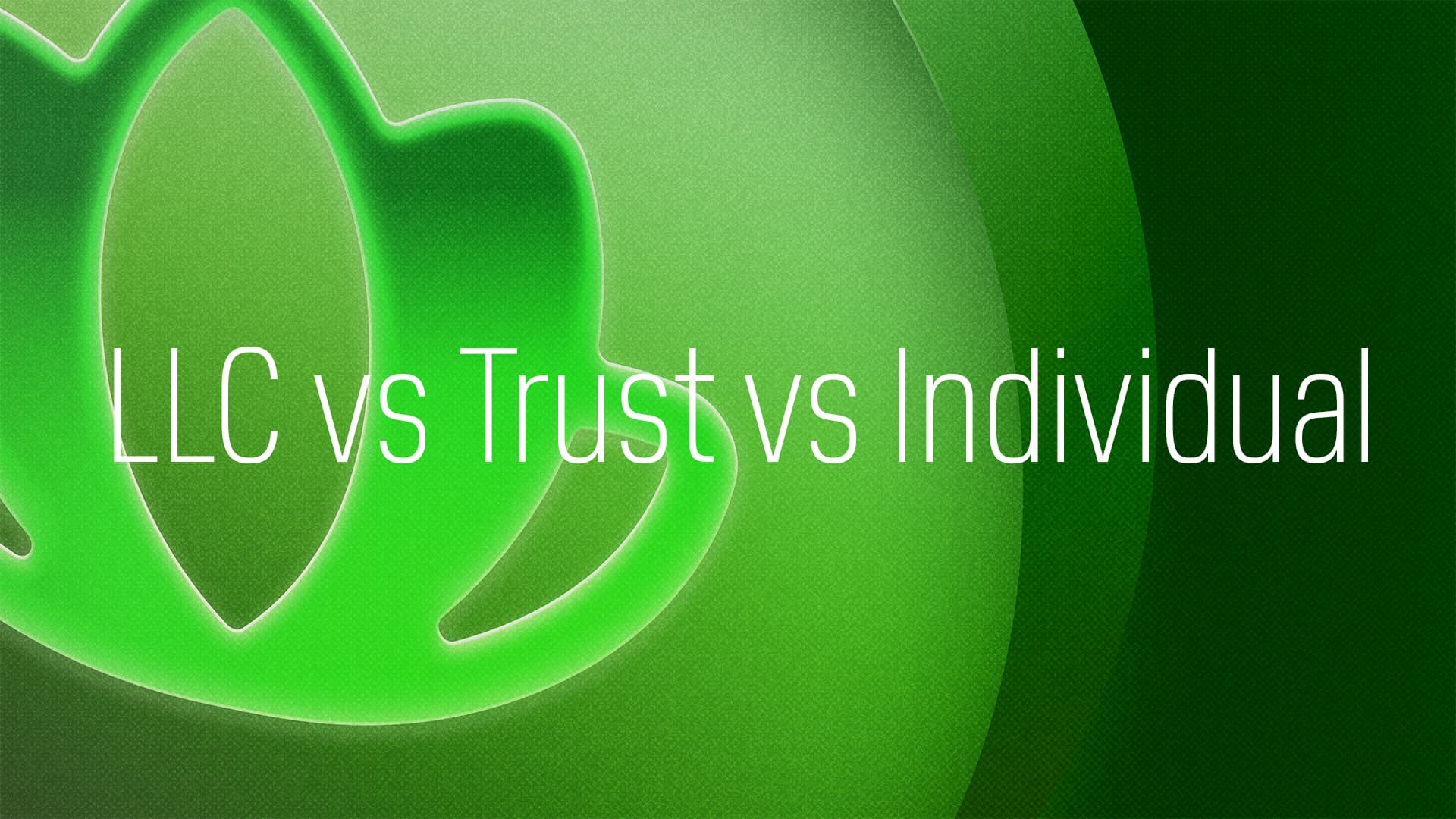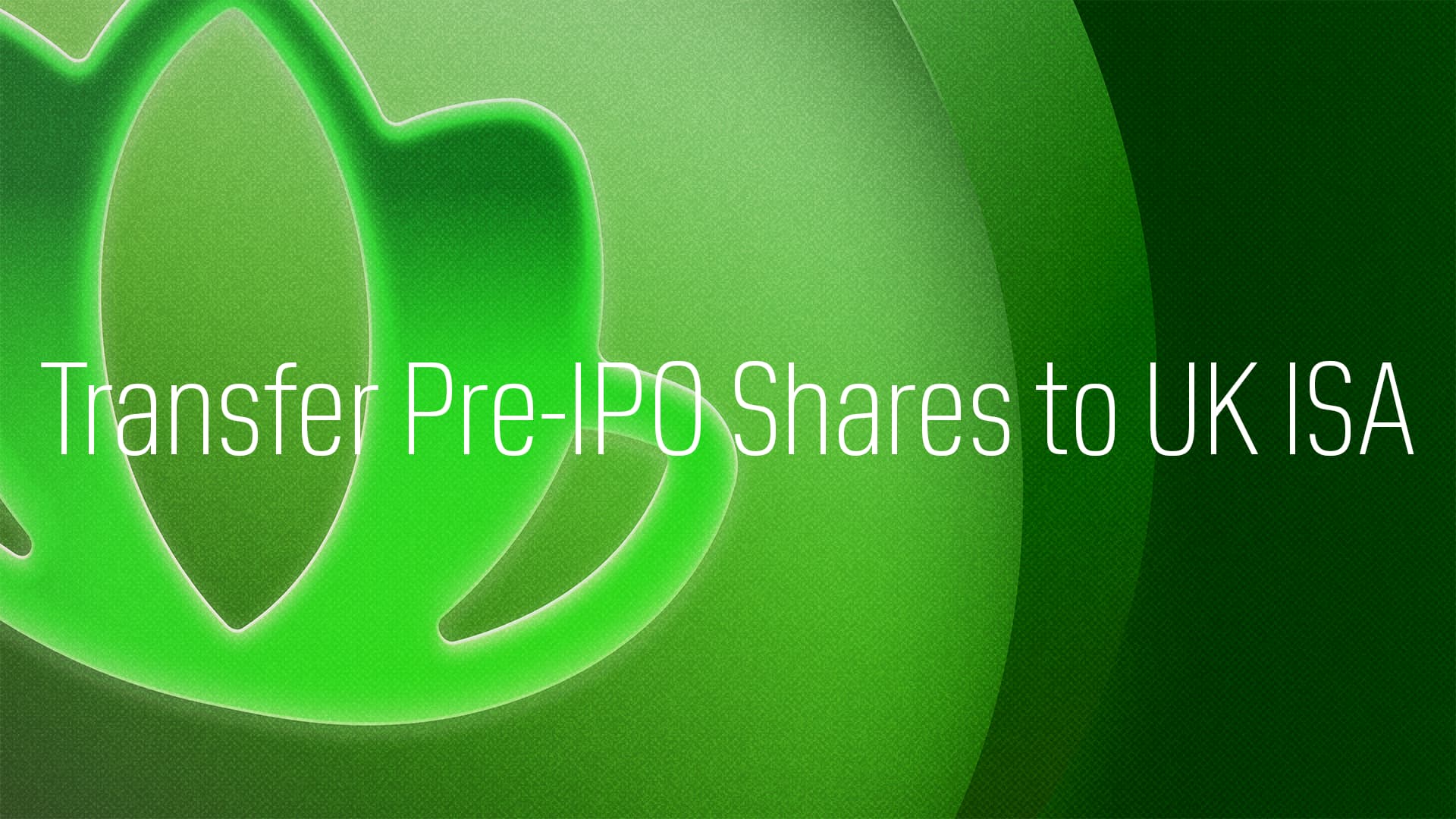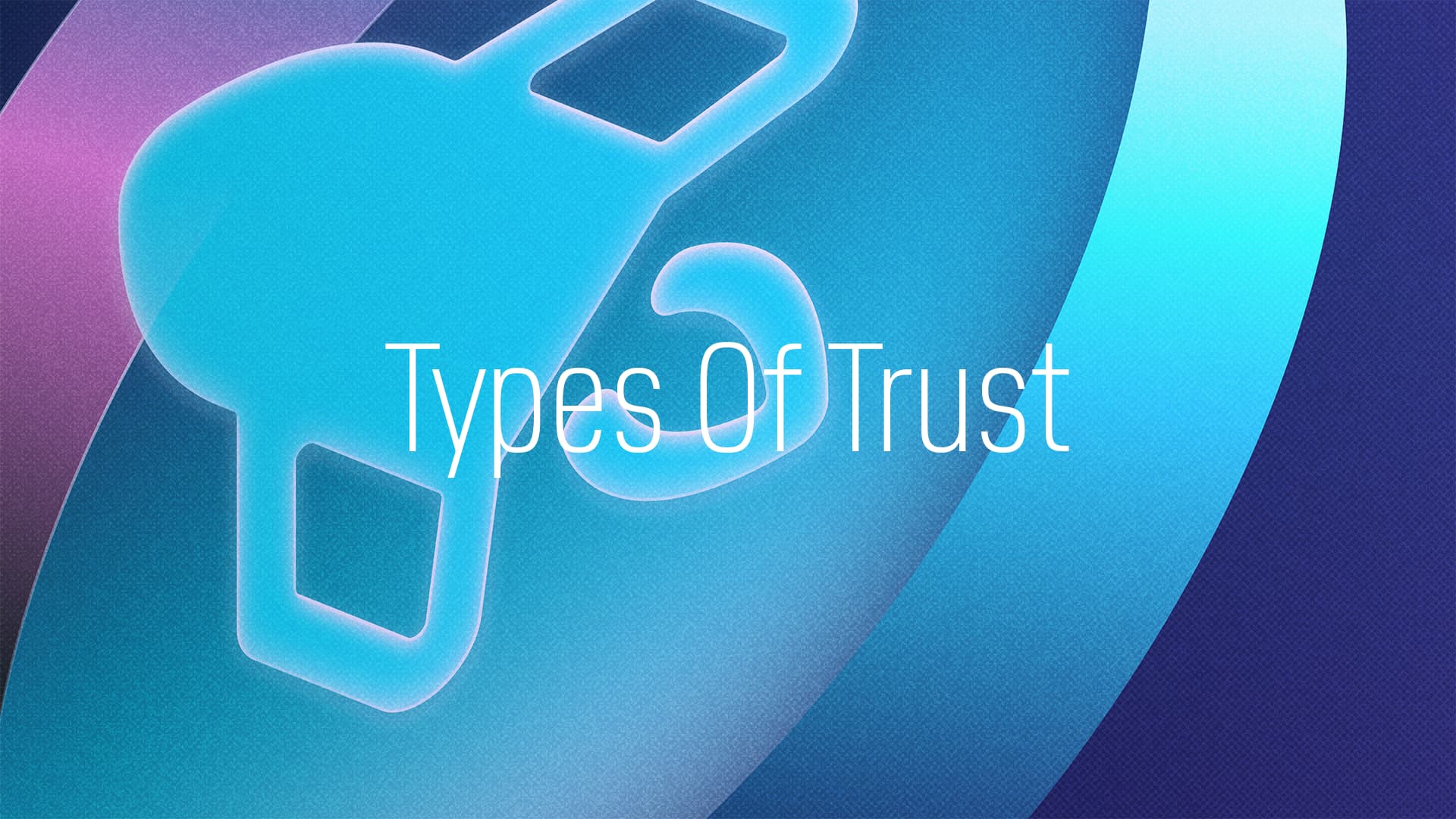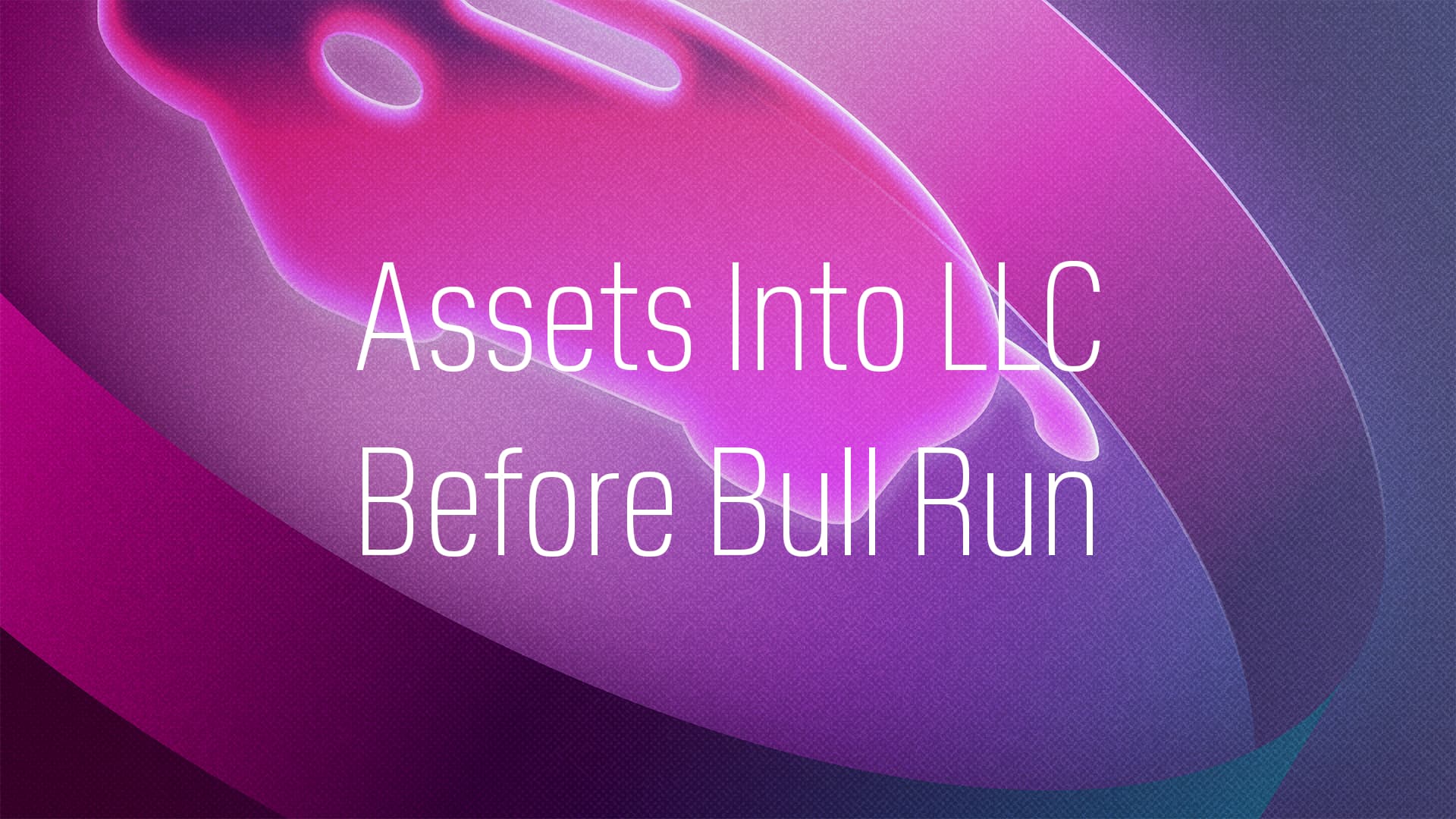Individual vs Trust vs LLC: Key Differences to Understand

Deciding how to hold your crypto and digital assets - whether as an individual, within an LLC, or through a trust - can significantly impact your financial management, liability exposure, and estate planning. This guide offers a concise comparison of each approach, highlighting the pros and cons to help you make an informed decision. From the simplicity and direct control of individual holding to the liability protection of an LLC and the estate planning advantages of a trust, understanding the nuances of each structure is key to optimising your asset management strategy.
LLC vs Trust vs Individual
Holding crypto and digital assets in different structures such as an LLC, Trust, or as an Individual each comes with its unique set of benefits.
Here’s a breakdown:
Holding Crypto As An Individual
Pros:
Control: Direct control over your assets. You make all the devisions.
Simplicity: No need to manage legal entities or complex structures.
Taxation: Capital gains tax applied directly based on individual rates
Cons:
Liability: Personal liability is high. Assets are exposed to potential lawsuits or creditors.
Estate Planning: Limited options for estate planning and wealth transfer.
Holding Crypto Within A LLC (Limited Liability Company)
Pros:
Liability Protection: Provides a layer of protection against personal liability.
Flexibility: Flexible management and ownership structures.
Tax Choices: Option to choose how the LLC is taxed (sole proprietorship, partnership, S-corp, or C-corp)
Business Expenses: Easier to manage and deduct business-related expenses
Cons:
Costs : Setup and ongoing administrative costs.
Regulation: Subject to state regulations and annual fees.
Holding Crypto Within A Trust
Pros:
Estate Planning: Facilitates smoother estate planning and wealth transition.
Privacy: Trusts often offer more privacy compared to other structures.
Control: Allows for structured control over assets even after the owner's death.
Tax Benefits: Potential for specific tax benefits, like avoiding probate.
Cons:
Complexity: Setting up and managing a trust can be complex and may require legal assistance.
Costs: Initial and ongoing costs associated with managing the trust.
LLCs are better suited for active management and business-related activities with crypto and digital assets, providing liability protection and business flexibility.
Trusts are more about long-term estate planning, providing structured control and privacy.
Holding as an Individual is simpler but comes with higher personal risks and fewer strategic planning options.
Choosing the right structure for holding your digital assets is more than a matter of preference; it's a strategic decision that aligns with your financial goals, risk tolerance, and long-term planning. Whether prioritising direct control and simplicity, seeking liability protection and flexibility, or aiming for structured estate planning and tax benefits, each option serves different needs. Consider your objectives carefully and consult with a financial advisor to navigate the complexities of each structure, ensuring that your choice supports your broader financial strategy.






